Need to replace onion powder? Here are the top 7 proven substitutes with exact usage ratios for soups, baking, dry rubs, and more. Each alternative delivers perfect flavor without compromising your dish.
Practical Tips for Replacing Onion Powder
Use these quick guidelines for seamless substitution in any recipe:
- Fresh onions: Sautéed or roasted for soups, stews, and roasts (3 tbsp minced = 1 tsp powder).
- Garlic powder: Ideal for meat rubs and savory dishes (1:1 ratio, but reduce salt).
- Leek powder: Perfect for delicate soups and creamy sauces (1:1 ratio, milder flavor).
- Mushroom powder: Best for vegetarian stews and gravies (½ tsp = 1 tsp powder, earthy umami).
- Shallot powder: Great for sauces and dressings (1:1 ratio, refined sweetness).
- Dried herbs (thyme/rosemary): Use in baking or marinades (½ tsp herbs = 1 tsp powder, floral notes).
- Tomato powder: Excellent for pizza toppings and tangy sauces (1:1 ratio, adds acidity).
| Substitute | Best For | Ratio (per 1 tsp onion powder) | Flavor Profile |
|---|---|---|---|
| Fresh Onions | Soups, stews, roasts, sauces | 3 tbsp minced | Sweet, savory, versatile |
| Garlic Powder | Meat rubs, BBQ, savory dishes | 1:1 (reduce added salt) | Sharp, umami-rich |
| Leek Powder | Creamy sauces, light soups, brunch dishes | 1:1 | Mild, sweet, delicate |
| Mushroom Powder | Vegetarian stews, gravies, plant-based meals | ½ tsp | Earthy, deep umami |
| Shallot Powder | Dressings, sauces, fine dining dishes | 1:1 | Refined, subtle sweetness |
| Dried Herbs (Thyme/Rosemary) | Baking, marinades, herb-infused oils | ½ tsp | Floral, piney, aromatic |
| Tomato Powder | Pizza toppings, tangy sauces, spice blends | 1:1 | Tangy, concentrated acidity |
In-Depth Explanations of Each Replacement
1. Fresh Onions
Fresh onions are the most versatile substitute for onion powder, especially in soups, stews, and roasts. Sautéing or roasting concentrates their natural sweetness and savory depth. For every teaspoon of onion powder, use 3 tablespoons of finely minced fresh onions. This works perfectly for everyday cooking and gourmet meals alike.
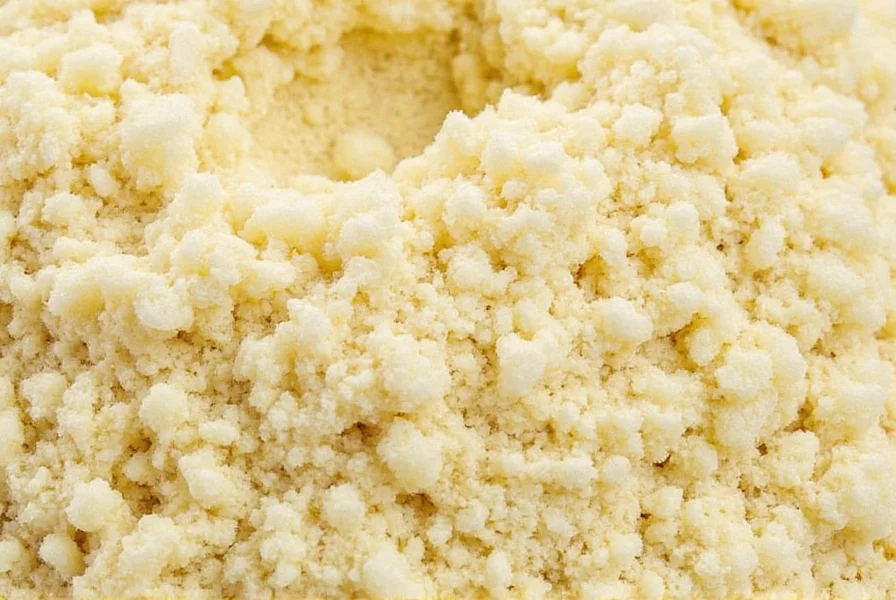
2. Garlic Powder
Garlic powder is ideal for meat rubs, BBQ, and savory dishes where you need a sharp umami kick. It pairs exceptionally well with beef, pork, and poultry. Use a 1:1 ratio with onion powder, but reduce added salt in your recipe by ¼ teaspoon to avoid oversalting. This substitute shines in weeknight dinners and barbecues.

3. Leek Powder
Leek powder offers a milder, sweeter alternative perfect for delicate dishes like creamy sauces, light soups, and brunch recipes. It enhances flavors without overpowering other ingredients. Use it in a 1:1 ratio with onion powder for health-conscious meals or when you want subtle onion notes.
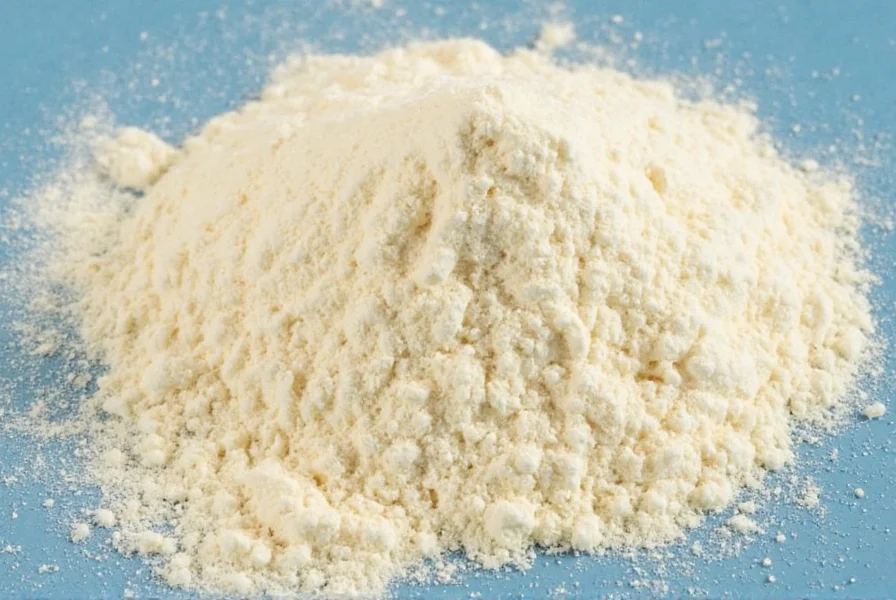
4. Mushroom Powder
Mushroom powder brings earthy umami richness to vegetarian stews, gravies, and plant-based meals. It’s an excellent vegan alternative that deepens flavors without animal products. For every teaspoon of onion powder, use ½ teaspoon mushroom powder. This works best in winter comfort foods and hearty dinners.
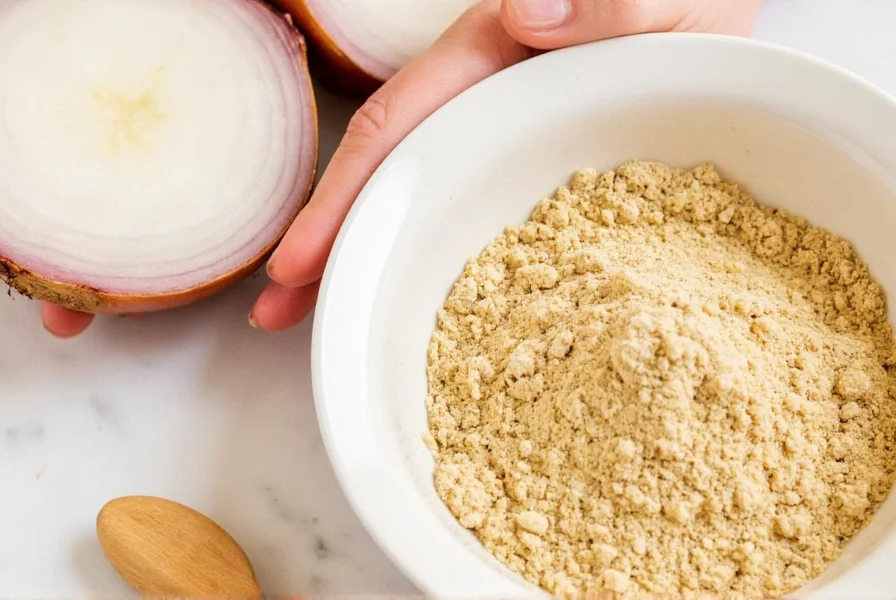
5. Shallot Powder
Shallot powder provides a refined, slightly sweet flavor ideal for sauces, dressings, and fine dining dishes. It’s perfect when you need subtle onion notes without sharpness. Use it in a 1:1 ratio with onion powder for gourmet meals or special occasions where elegance matters.
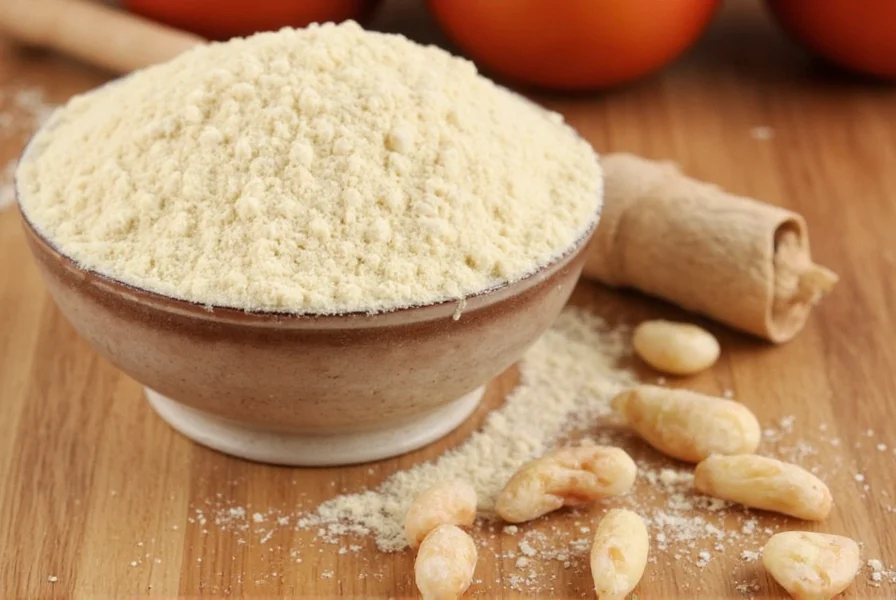
6. Dried Herbs (Thyme, Rosemary)
Dried thyme or rosemary adds floral and piney notes to baking, marinades, and herb-infused oils. Use ½ teaspoon herbs for every teaspoon of onion powder to avoid overpowering. This works great for creative recipes and seasonal cooking where complexity is key.
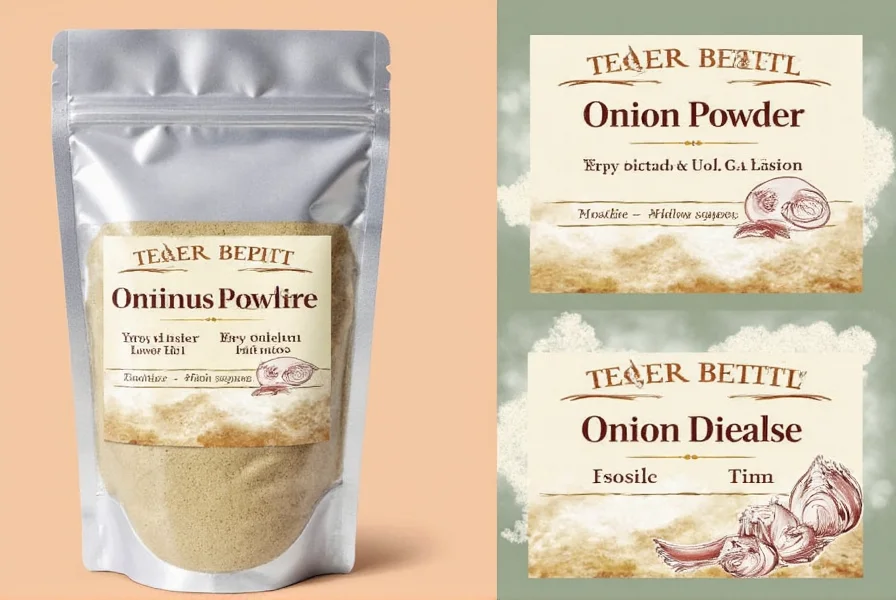
7. Tomato Powder
Tomato powder introduces tangy acidity perfect for pizza toppings, sauces, and spice blends. It adds a unique dimension that complements Mediterranean dishes. Use a 1:1 ratio with onion powder for casual meals, parties, or quick snacks where zesty flavors shine.
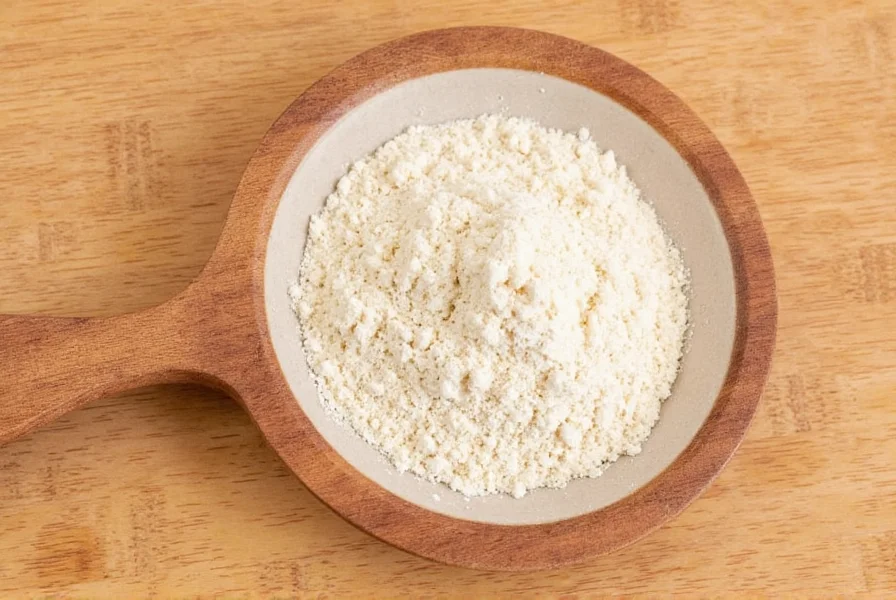
Frequently Asked Questions
What's the best onion powder substitute for soups and stews?
Fresh onions (sautéed until translucent) or mushroom powder work exceptionally well in soups and stews. For every teaspoon of onion powder, use ¼ cup finely minced fresh onions or ½ teaspoon mushroom powder. These options add depth without altering the dish's texture.
Can I use onion salt instead of onion powder?
Yes, but adjust carefully. Onion salt contains added sodium, so use ½ teaspoon onion salt for every 1 teaspoon onion powder, and reduce additional salt in your recipe by ¼ teaspoon. This prevents oversalting while maintaining flavor.
How much fresh onion equals one teaspoon of onion powder?
Generally, 3 tablespoons (¼ cup) of finely minced fresh onion equals 1 teaspoon of onion powder. For stronger dishes like chili or barbecue sauce, sauté the fresh onions first to concentrate their flavor and remove excess moisture.
Which substitute works best for dry rubs and spice blends?
Garlic powder or shallot powder are ideal for dry rubs. Use a 1:1 ratio with onion powder. Shallot powder provides a more subtle flavor for delicate meats like chicken or fish, while garlic powder adds robustness to beef or pork rubs.
Can I make my own onion powder substitute?
Absolutely. Dehydrate minced onions in a low oven (170°F/75°C) for 6-8 hours until brittle, then grind into powder. Store in an airtight container for up to 6 months. This homemade version captures fresh onion flavor better than store-bought alternatives.
Conclusion
Replacing onion powder doesn’t mean compromising on flavor. From fresh onions to tomato powder, these substitutes deliver authentic taste for every recipe. Whether you’re cooking a quick weeknight dinner or gourmet meal, mastering these alternatives ensures perfect flavor every time.

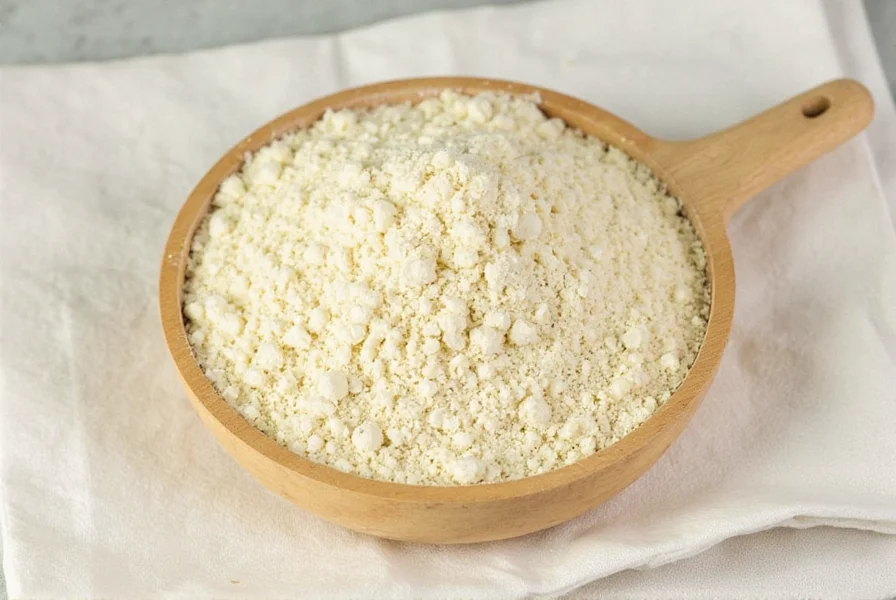









 浙公网安备
33010002000092号
浙公网安备
33010002000092号 浙B2-20120091-4
浙B2-20120091-4